The soft-spoken airborne soldier who mused to himself at the end of D-Day that should God grant him the opportunity to survive the war he would ask nothing more than a quiet little plot of land where he could live in peace has passed away. On January 2, 2011, retired Major Richard Winters, who rose to command of Company E, 506th Parachute Infantry Regiment, 101st Airborne Division, and beyond during World War II, died three weeks shy of his 93rd birthday.
Winters, whose heroism in combat and exemplary leadership skills formed the nucleus for the landmark book Band of Brothers by noted historian Stephen Ambrose, epitomized the great American citizen soldier. His exploits with Easy Company during the Normandy campaign, Operation Market-Garden in Holland, at Bastogne, Belgium, during the epic Battle of the Bulge, and all the way to Hitler’s Eagle’s Nest in the Alps of Bavaria were noted among a wider audience with the 2001 HBO miniseries of the same name.
The 506th was the first airborne unit to be trained as such from the beginning of its formation. Winters joined Easy Company in the summer of 1942 during its arduous training at Toccoa, Georgia. Of more than 500 officers, less than 150 were able to complete the regimen. The same was true of the enlisted ranks, with only 1,800 of an original complement of 5,300 finishing to become members of the 506th. Winters had graduated from Officer Candidate School in June and was promoted to first lieutenant shortly thereafter. Rising to command of Easy Company and later to executive officer of his battalion, he attained the rank of major while aged only in his mid-20s.
A highly decorated veteran of World War II, Winters was recalled to active duty during the Korean War and served as an administrative officer before retiring from the service. His decorations include the Combat Infantryman’s Badge, a highly coveted award in the military, the Distinguished Service Cross, Bronze Star with Oak Leaf Cluster, Purple Heart, Croix de Guerre with Palm, and numerous others.
Winters is perhaps best known for an offensive action that occurred during the first hours of combat for the 506th Parachute Infantry Regiment. On D-Day, elements of Easy Company were ordered to silence a battery of German guns that were shelling a portion of Utah Beach where the U.S. 4th Infantry Division was coming ashore. The men of Easy Company accomplished their mission against the guns at Brecourt Manor, and the operation is taught to this day at the United States Military Academy at West Point as a textbook example of assault against a fixed position. It was for Brecourt Manor that Winters received his Distinguished Service Cross.
After the war, Winters went to work for the Nixon Nitration Works, located in Edison, New Jersey, and owned by the family of his military friend, Lewis Nixon. Within five years, Winters had risen to plant manager. He later worked as an executive with a manufacturing company in New Brunswick, New Jersey, before returning to Pennsylvania and going into business for himself in the sale of animal feed to farmers across the state. Settling in Hershey, he retired in 1997 and made the most of that quiet life he had thought of decades earlier in the midst of war.
However, he was continually sought after as a speaker and delivered numerous lectures on leadership at West Point and other locations. His heroics were the subject of several other books, including his own memoirs, titled Beyond Band of Brothers: The War Memoirs of Major Dick Winters, which was written along with retired Army Colonel Cole Kingseed.
Along the way, Winters married his wife, Ethel, in 1948, and the couple had two children, a son, Tim, and a daughter, Jill. He had been diagnosed with Parkinson’s Disease and passed away in Campbelltown, Pennsylvania, not far from his home in Hershey.
While Winters was a man of uncommon valor, he remained humble throughout his life, acknowledging the courage and sacrifice of others always above his own. Perhaps this great humility was enhanced by the experience of combat itself. Winters had seen men die. He had witnessed inhumanity on the grandest scale in history. He emerged a hero in the truest sense, his deeds outliving his days on this earth. By any account, his was a life well lived.
Michael E. Haskew
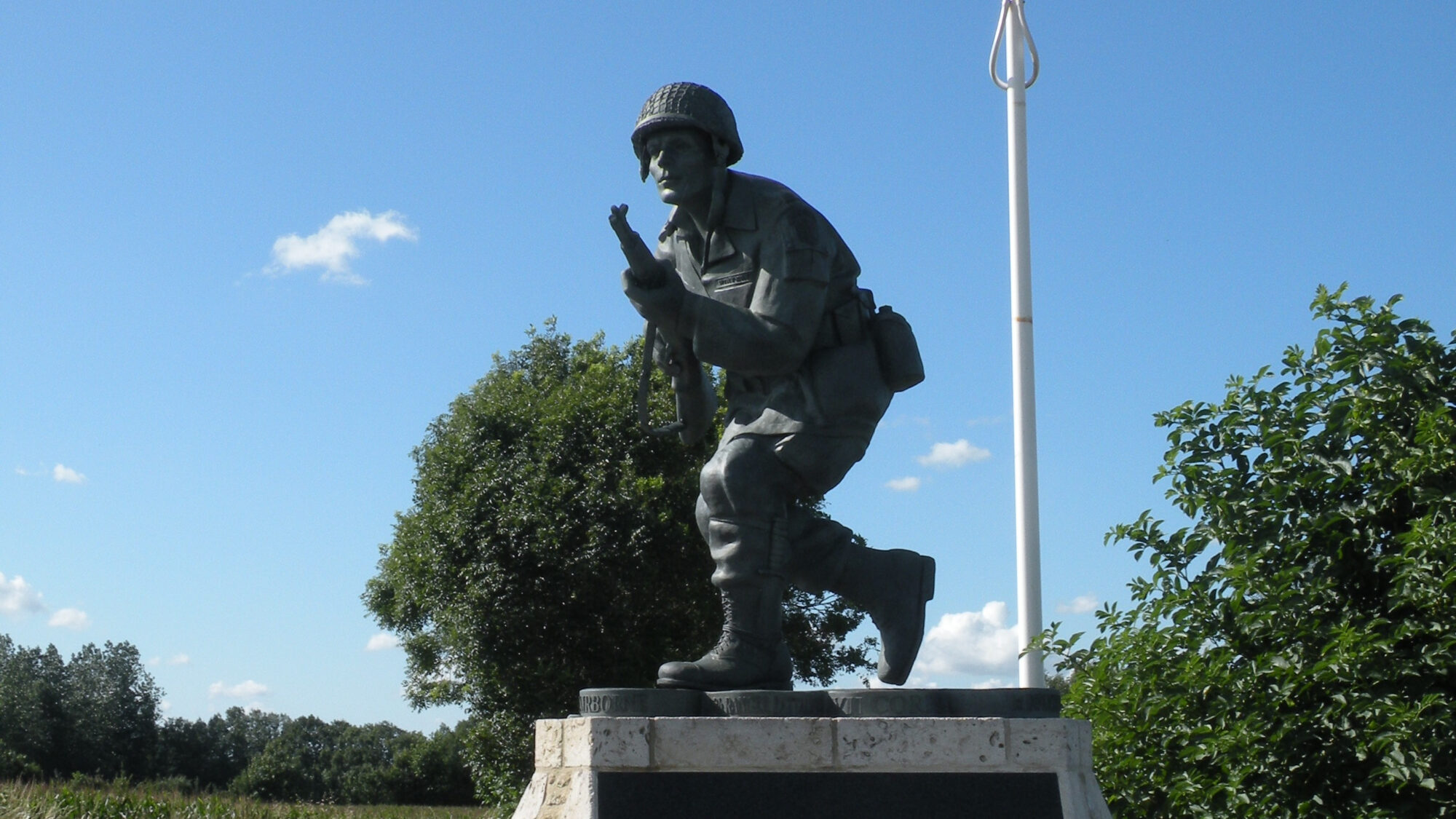
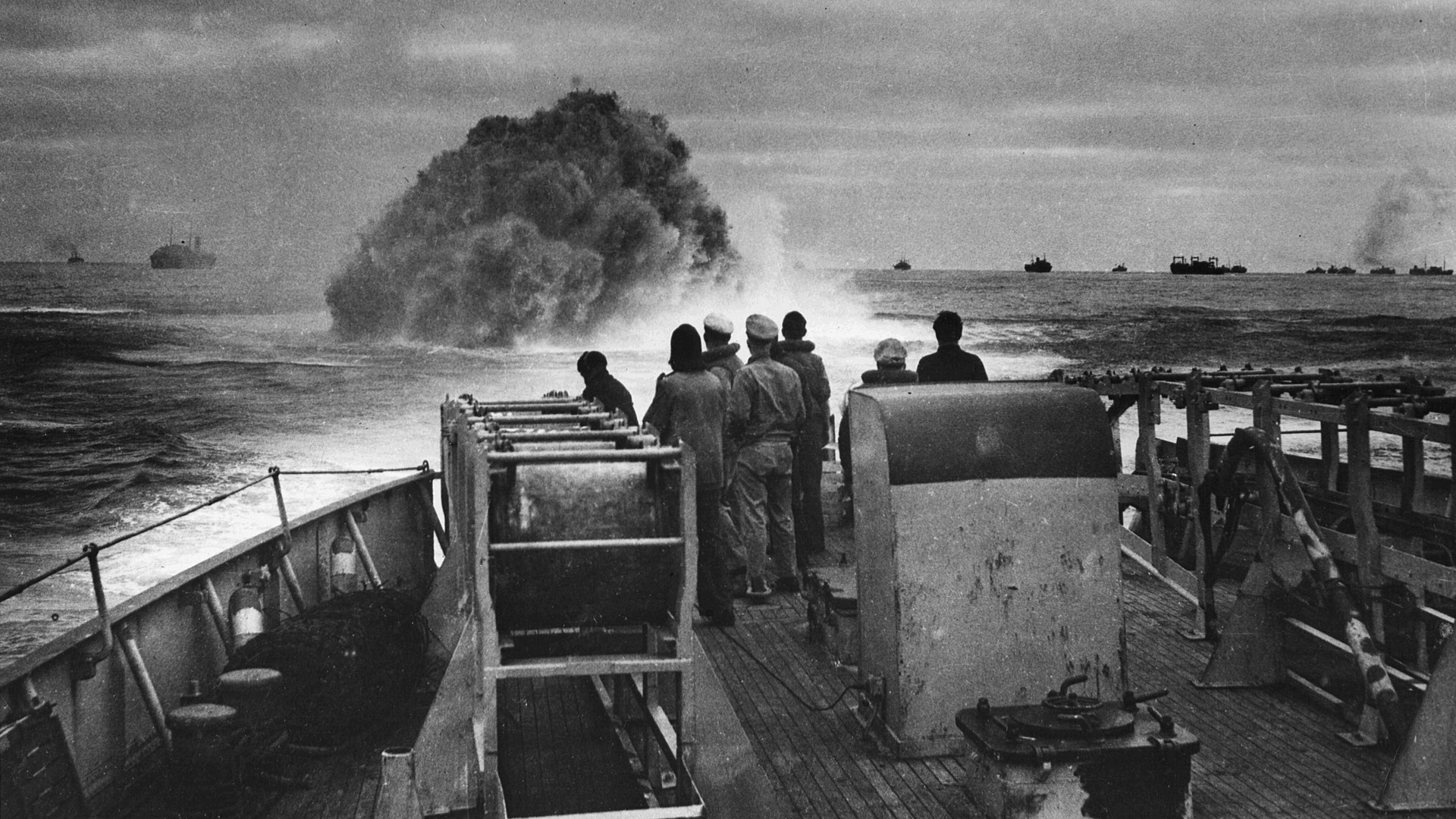
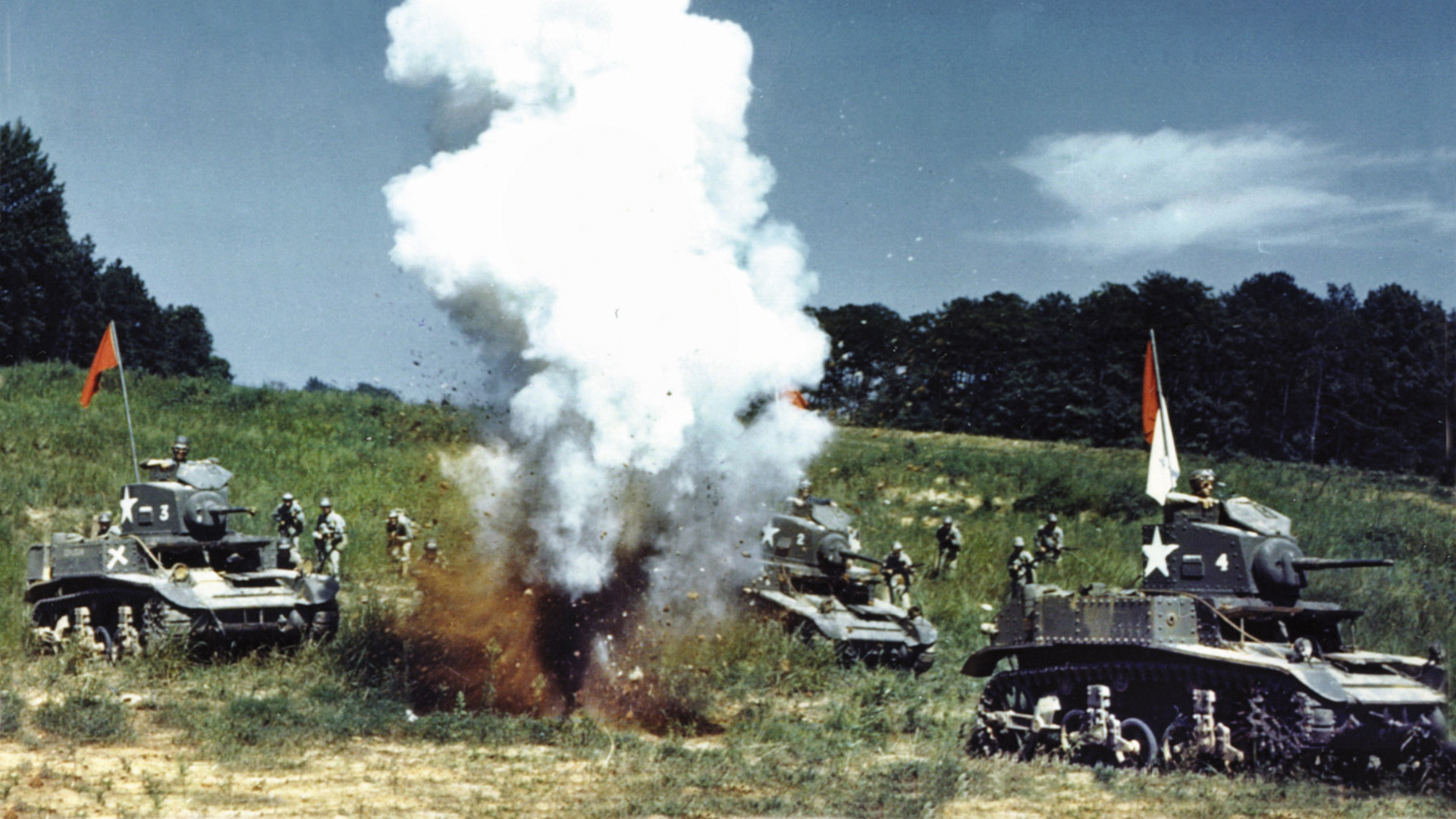
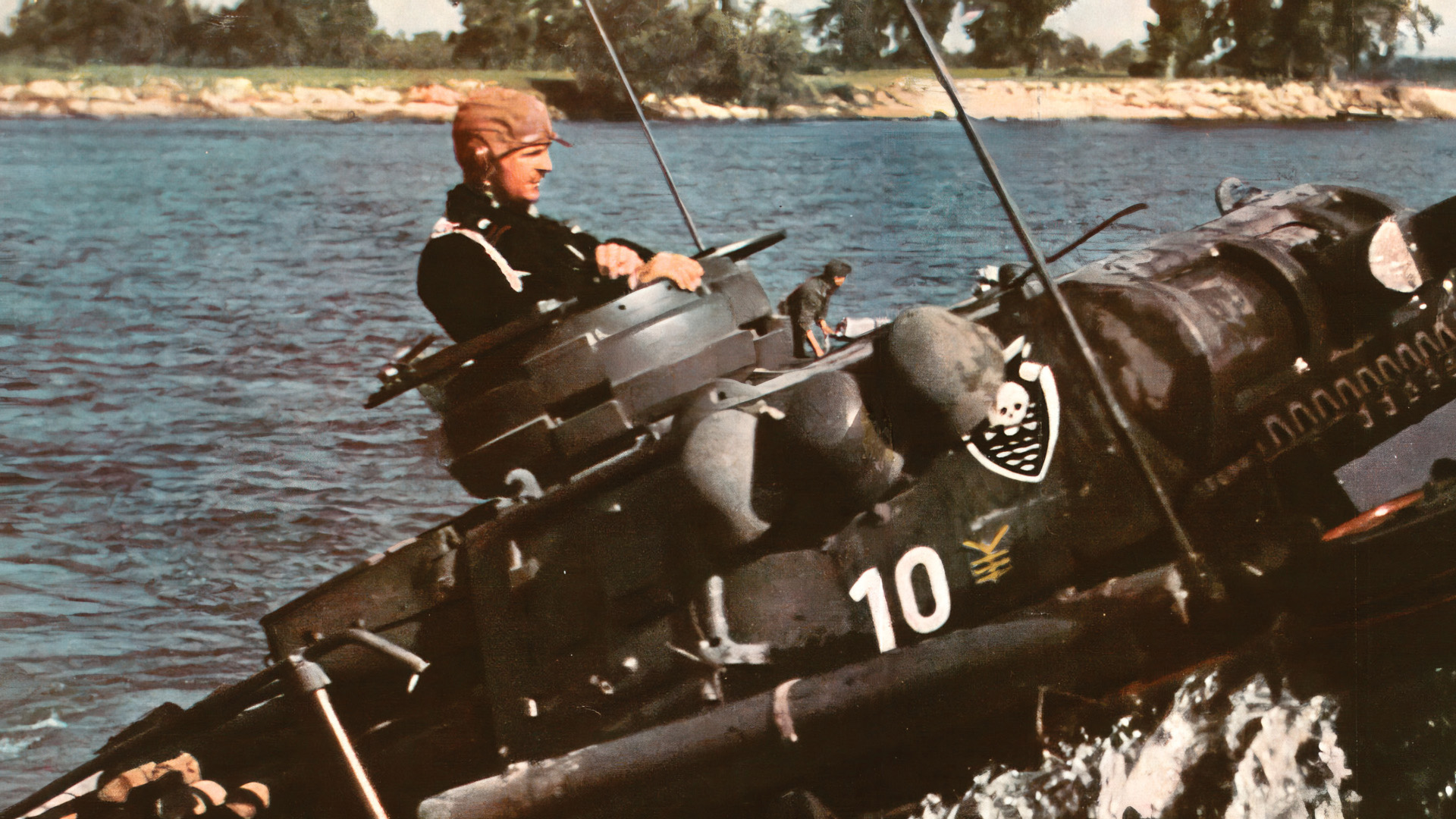
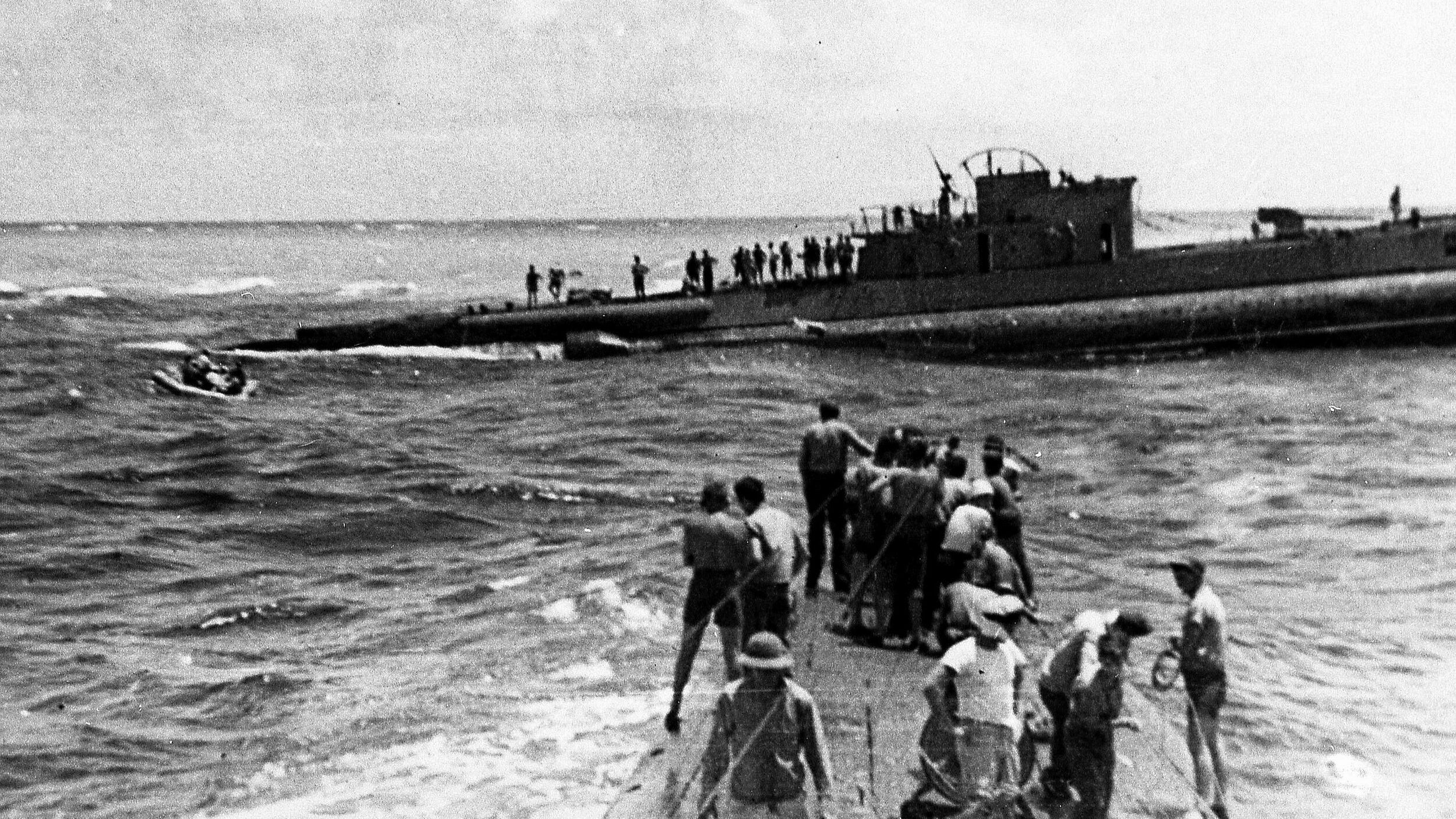
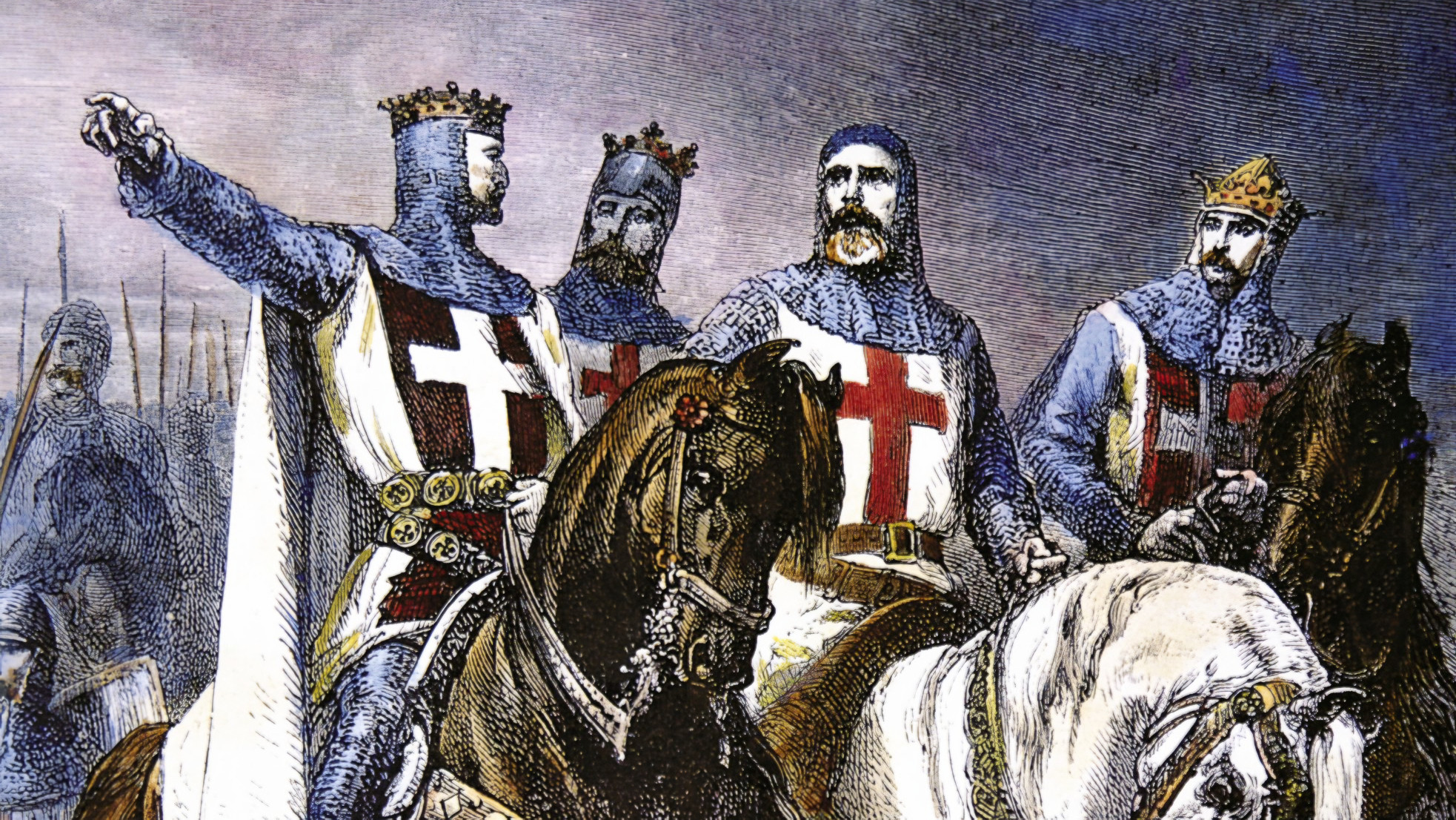
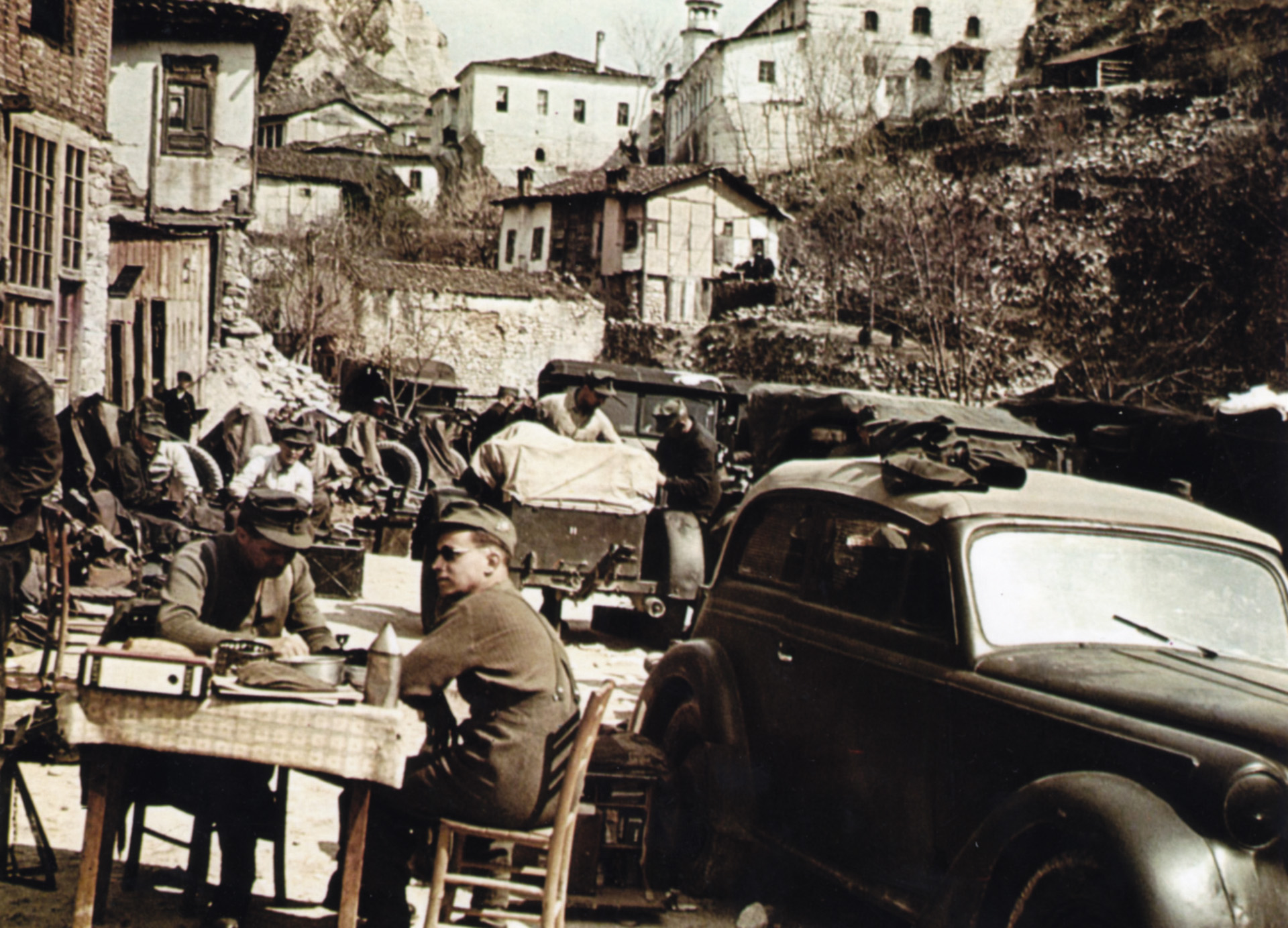
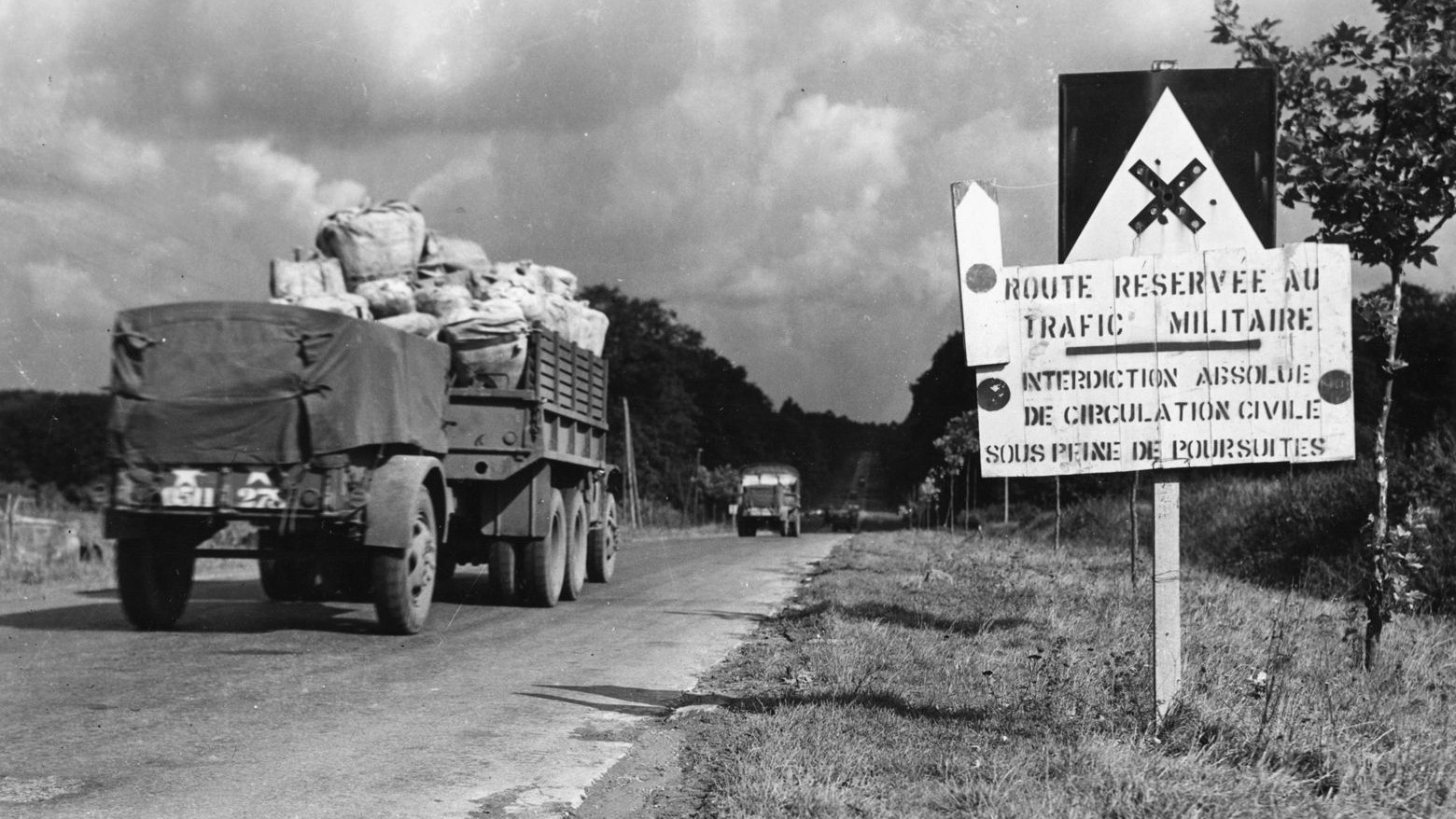
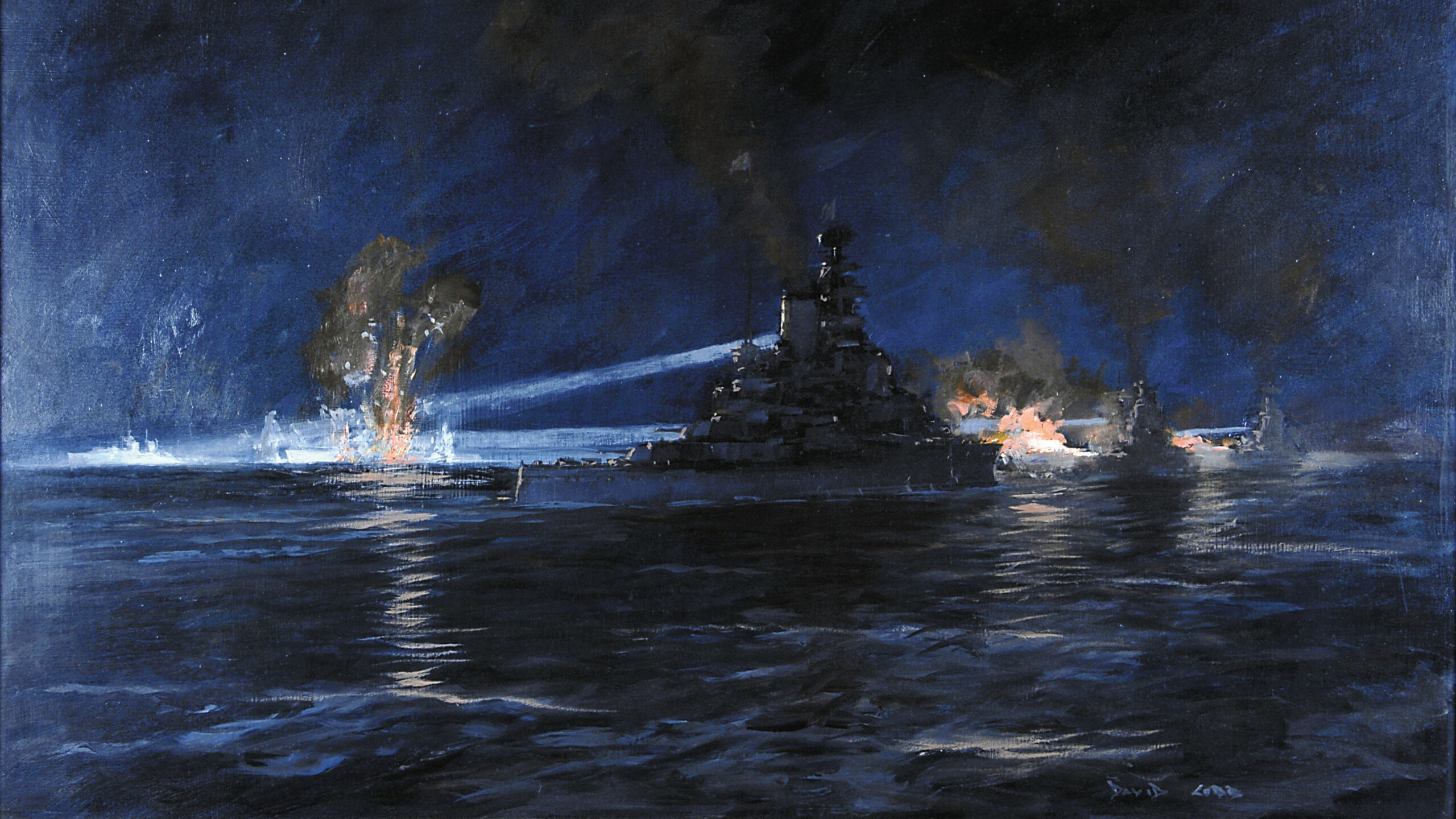
Join The Conversation
Comments
View All Comments